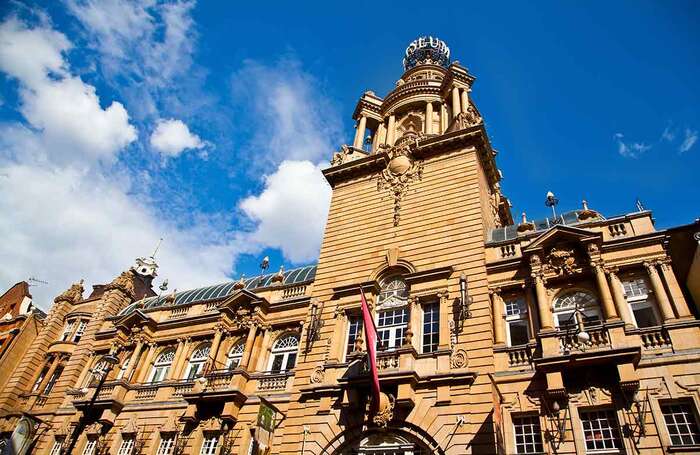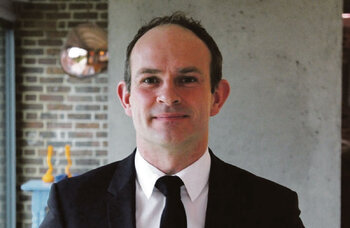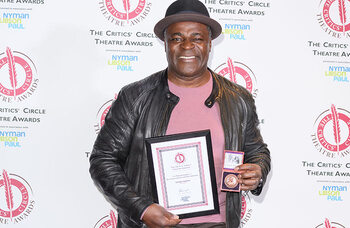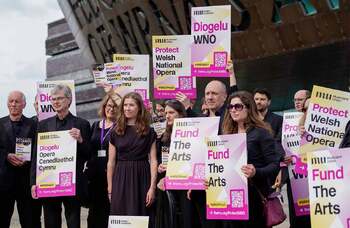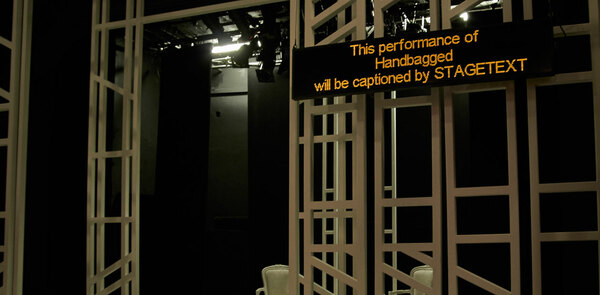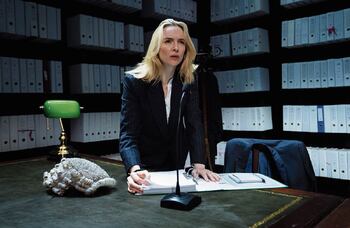Arts Council music boss: Opera cuts driven by lack of demand
Arts Council England’s music chief has defended cuts to opera in its latest funding round, claiming there has been “almost no growth in audience demand” for grand or large-scale productions.
ACE director of music Claire Mera-Nelson also wrote in a blog that reports claiming the organisation was expecting English National Opera to "pick itself up, move lock, stock and barrel to Manchester and be up and running there within only a few months are wide of the mark".
Mera-Nelson said: "As a strategic funding body, we sometimes have to make, as our chair Sir Nicholas Serota described it, ’invidious choices’. Even though our instincts may be to protect everything we already know to be of value, we can’t and shouldn’t be making the same choices in perpetuity."
She added: "Our obligation is not to avoid change, but to try to manage difficult changes fairly. We want to see new organisations coming into the portfolio and ensure that our acclaimed institutions work dynamically and continue to evolve, and that audiences continue to be delighted, challenged and inspired by the work they see."
Addressing cuts to opera, under which ENO’s Arts Council funding was cut entirely and other organisations - including Welsh National Opera and the Royal Opera House - received significant cuts, Mera-Nelson highlighted that the government had instructed ACE to increase investment in the rest of the country by £24 million per annum by 2026 and that this had meant "difficult decisions, particularly in London".
She said it was about "striking a new balance" in investments and "adapting where evidence tells us that audiences are very well served or changing how they like to experience music by reducing funding where organisations have suggested undertaking similar activities".
Addressing opera, she added: "Compared to other forms of music we have seen almost no growth in audience demand for traditionally staged ‘grand’ or large-scale opera, which is where most of our current investment in opera sits. That doesn’t mean our appetite for investing in, or ambitions for, the opera ecology of England are diminished in any way. We are confident there is appetite to enjoy opera: at different scales, reimagined in new ways, and on new stages."
She said this meant funding had been increased for organisations such as English Touring Opera and Birmingham Opera Company.
In cash terms, despite reductions to ENO, WNO and Glyndebourne, opera will still receive £30 million a year from the Arts Council – more than 40% of its total investment in music, she said.
Addressing ENO, she described reports that ACE was expecting the company to relocate in months as "wide of the mark".
"We have been clear about our offer: at this stage, we are offering ENO the opportunity of a year’s funding (more than £1 million a month until October next year). This will help to support their remodelling, and their thinking about relocation outside London and the role the Coliseum may play in their future," she said.
She added: "Manchester, with all its brilliant infrastructure and its adventurous audiences, could be an option for their new base, but ultimately this will be a decision for ENO, and we will support them in their decision making."
More about this organisation
Production News
Recommended for you
More about this organisation
Production News
Recommended for you
Most Read
Across The Stage this weekYour subscription helps ensure our journalism can continue
Invest in The Stage today with a subscription starting at just £7.99
